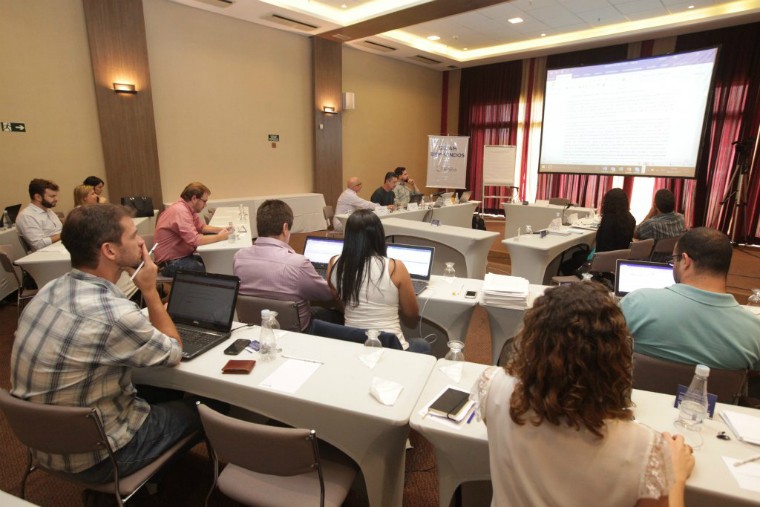Identified actions address emergency issues, medium and long term, for understanding the dynamics of the outbreak in the Doce River basin
During the last day of the panel discussion “What do we know about the Yellow Fever in the Doce River Basin, ancient forest areas which are now highly populated?”, initiative of the Renova Foundation which brought together scientists in Belo Horizonte (MG), the discussions revolved around proposals for emergency research on this subject, both in the medium and long term.
The reflections addressed the epidemiological and ecological questions on the yellow fever outbreak in the River Doce basin. The last day of the scientific activities a list was outlined with the main hypotheses for investigation. Among them, the example of the current outbreak of yellow fever which occurs simultaneously with events of dead monkeys found in nature reserves and forest areas. To date, however, there was no serological confirmation of yellow fever in the dead monkeys. Whereas the conservation of biodiversity is critical to the control of arboviruses, the correlation between the two events is a likely hypothesis, but it needs confirmation.
The proposal is to present these suggestions to institutions promoting scientific research. “Closing this event with concrete action proposals is a great result,” said the panel coordinator, ecologist Sérvio Pontes Ribeiro, professor at the Federal University of Ouro Preto (UFOP).

Second day of the Scientific Panel promoted by the Renova Foundation. | Photo: Thiago Fernandes
During the second stage of the panel discussion, the scientists focused on the interface with the community and discussed the means and content in order to send out more and clearer information about the current outbreak of yellow fever. They stressed that the current situation makes it necessary to approach the disease from new angles, from the transmission to the prevention. “The collective construction of proposals by the group brought diversity and quality and allowed us to understand the gaps of knowledge in an interdisciplinary perspective”, said ecologist Sérvio Pontes, of the UFOP.
The real-time coverage of the event on the Renova Foundation website enabled the participation of experts from different regions of the country, who could follow the debates and submit questions.
The following researchers were present: Betânia Paiva Drumond (Federal University of Minas Gerais), Sérvio Pontes Ribeiro (Federal University of Ouro Preto), Adriano Paglia (Federal University of Minas Gerais), Eduardo Lázaro de Faria da Silva (Anclivepa-SP), José Carlos de Magalhães (Federal University of São João Del Rey), Marcia Chame (Fiocruz) and Sérgio Lucena Mendes (Federal University of Espírito Santo).
